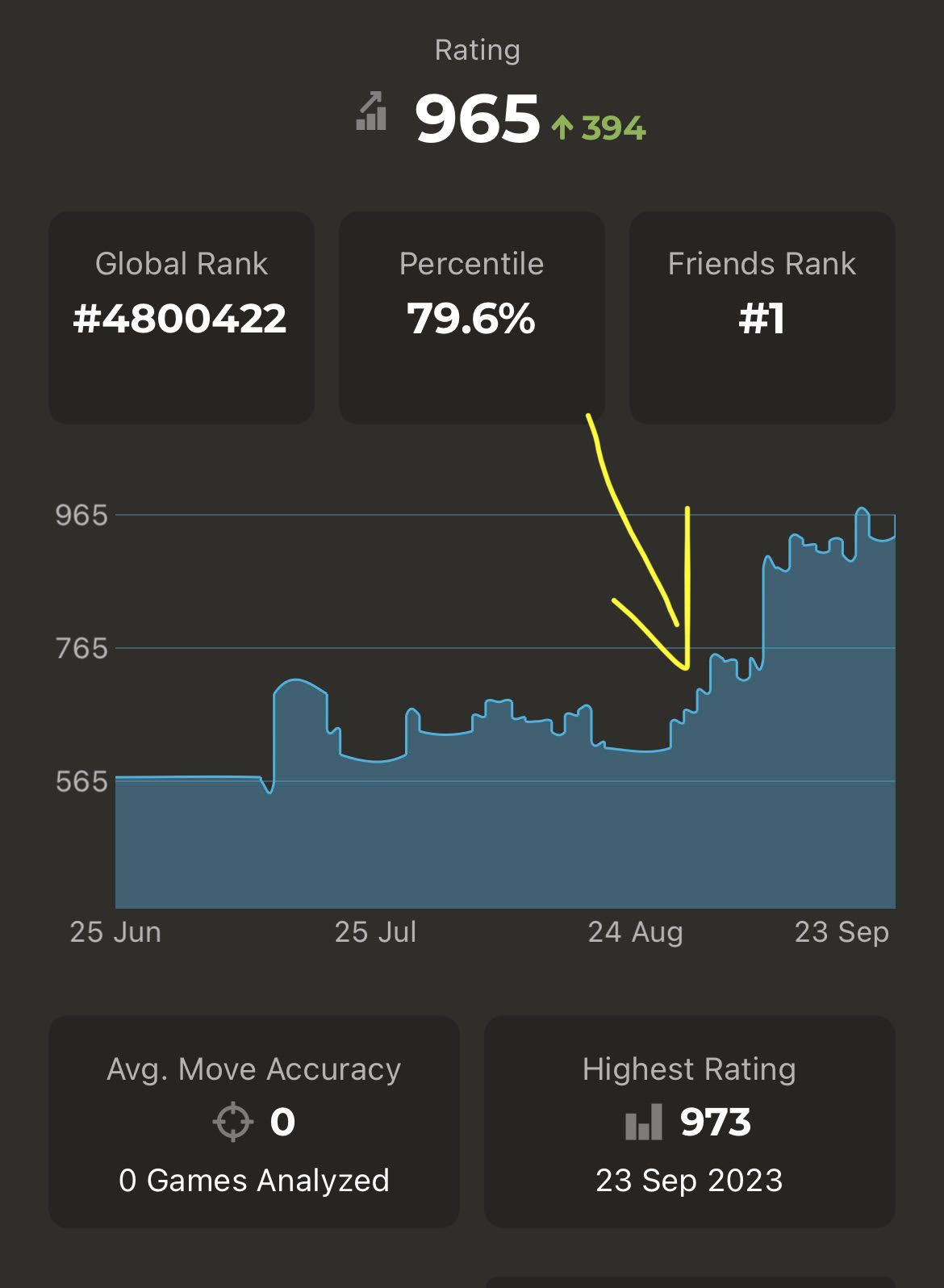How a Shift in Mindset Transformed My Chess Journey

When I first ventured into rapid chess, my Elo rating was a humble 500, placing me firmly in the ranks of below beginners. Progressing beyond 750 Elo (generally a lower bound for a completely beginner score) seemed like an insurmountable challenge. No matter how much I studied openings and endgames or watched instructional videos online, I found myself consistently making basic, often frustrating, mistakes that held me back.
Then, I stumbled upon a game-changing video featuring a Grandmaster, Caruana, who shared a perspective-altering piece of advice. He emphasized the importance of not taking those mistakes personally, reminding us that errors are a natural part of the learning process. We make countless mistakes every day in various aspects of life, and allowing them to define us or consume our mental bandwidth can hinder our overall growth.
This wisdom resonated with me profoundly. I realized that chess, like life, is a journey of growth, and setbacks are stepping stones to improvement. With this newfound mindset, I approached the game with renewed enthusiasm, free from the frustration that had previously plagued me.
Slowly but steadily, my Elo rating began to climb. I saw the chessboard not as a battlefield for my ego but as a canvas for learning and growth. Each mistake became an opportunity to refine my skills and understanding of the game. And now, I'm on the cusp of reaching the 1000 Elo mark, a significant milestone that typically signifies the transition from a complete beginner to a novice player.
I'm immensely proud of this achievement, not just for the Elo points but for the personal growth and resilience it represents. Chess has become more than a game; it's a metaphor for life itself. It taught me that by embracing our mistakes and learning from them, we can elevate ourselves beyond our perceived limitations. So, if you find yourself facing challenges on your chess journey or in life, remember this valuable lesson: Mistakes are not obstacles; they are opportunities. Embrace them, learn from them, and watch yourself grow.





